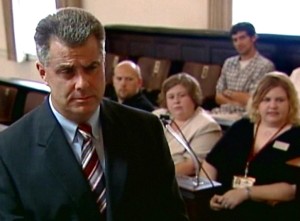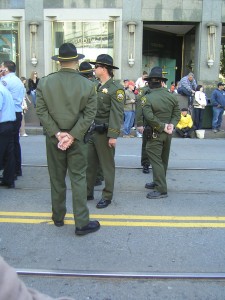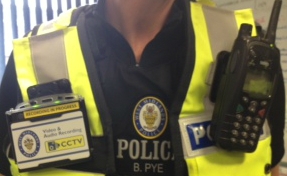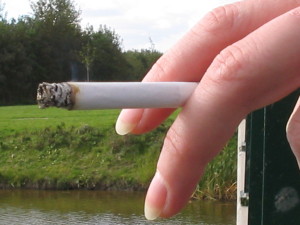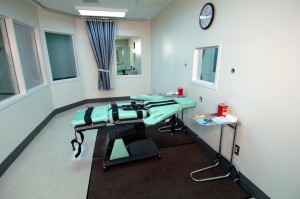J. Bradley Smith of Arnold & Smith, PLLC answers the question “Should I talk to the police?”
If you missed the “Pants on the Ground” craze that swept the nation in 2010 courtesy of Atlanta native General Larry Platt’s American Idol audition, then you missed a certified true slice of Americana.
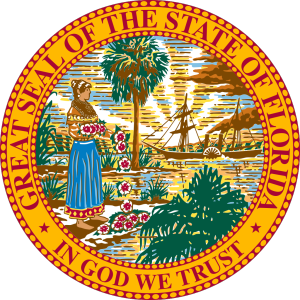 The precise origins of the insuppressible phenomenon known as the sagging-pants look are unknown, however most sources allege that the look originated in the American prison system. Prisoners are not allowed to wear belts, since they can be used as weapons or as means to suicide. So “ill-fitting generic pants, too large to stay up on their own,” ride low on prisoner’s hips. Hip-hop artists glommed on to the look in an effort to show their street credibility, and voila! A fashion craze was born.
The precise origins of the insuppressible phenomenon known as the sagging-pants look are unknown, however most sources allege that the look originated in the American prison system. Prisoners are not allowed to wear belts, since they can be used as weapons or as means to suicide. So “ill-fitting generic pants, too large to stay up on their own,” ride low on prisoner’s hips. Hip-hop artists glommed on to the look in an effort to show their street credibility, and voila! A fashion craze was born.
Not everyone was amused. The City of Ocala, Florida, was not the first to attempt a ban on sagging pants. Last month, its city council passed an ordinance making it a criminal offense for someone to wear his or her pants two inches or more “below the natural waistline,” whatever that is. Waistline violators are subject to a $500 fine and 60 days in jail.
After the ordinance came under fire by the local chapter of the National Association for the Advancement of Colored People (NAACP) and others, Ocala Mayor Kent Guinn asked council members to reconsider the ordinance. One option now before the council would be to make a sagging-pants violation a $125-fine-with-no-jail-time civil infraction instead of a criminal offense; the second option would be to repeal the ordinance altogether.
 Charlotte Criminal Lawyer Blog
Charlotte Criminal Lawyer Blog


